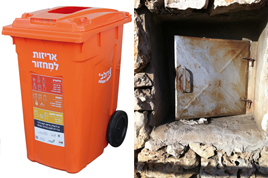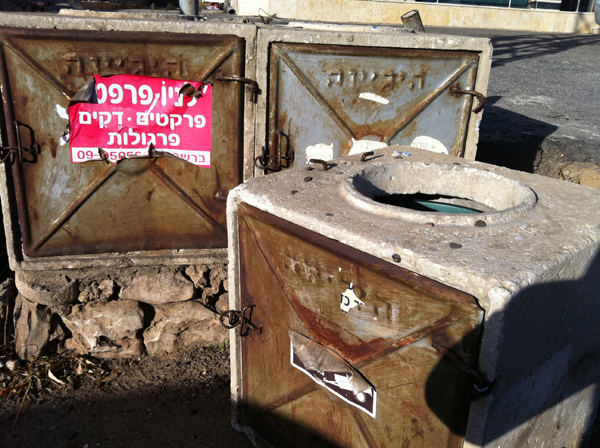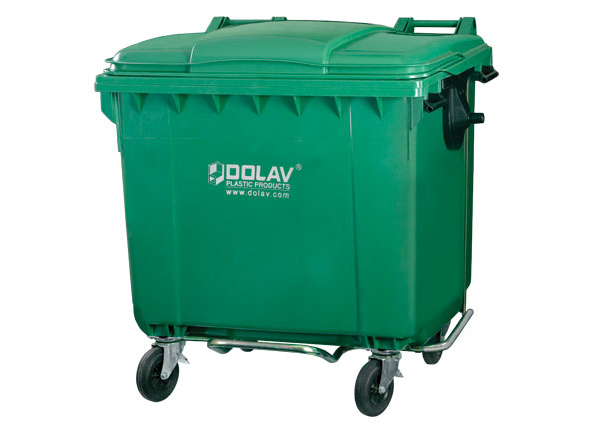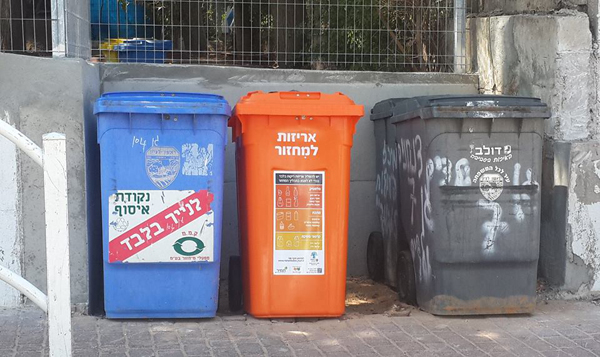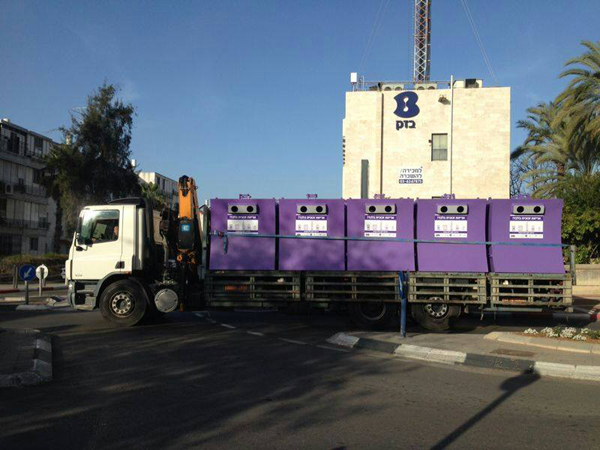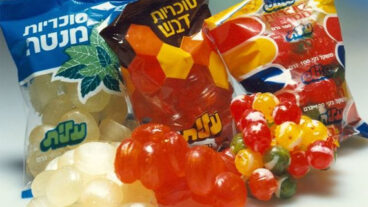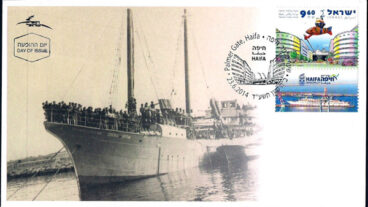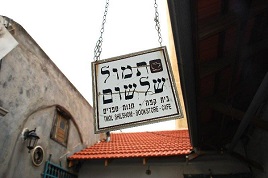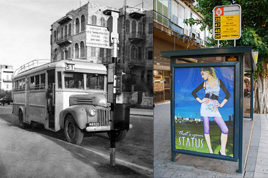Two weeks ago, a video about throwing out trash gained viral status on YouTube. The video — which combined cool beats, extreme sports and a positive message about recycling — garnered almost 900,000 views.
The concept of garbage disposal has certainly changed over the decades. Once, it took perhaps 3 or 4 smallish cans to serve an entire apartment block. Made of cement and outfitted with hinged metal doors, these “Hygiene” brand bin holders were generally embedded into a wall facing the street.
Later on, as an increasingly more affluent Israeli population created bigger piles of rubbish, the small bins were supplanted by larger ones.
And eventually, even larger ones.
As Israel’s Central Bureau of Statistics (CBS) puts it, “The production of waste is related to a country’s economic activity in that it reflects patterns of production and consumption; the more developed the country is, the more waste it tends to produce.”
According to the CBS, the amount of waste produced in Israel rose from 3.94 million tons in 1996 to 4.76 million tons in 2011. In 2010, the average amount of household waste per capita per day in Israel (1.67 kg.) was higher than the amount in most OECD countries, where the average was 1.48 kg. per capita per day.
On the plus side, the CBS notes that, “Reduced production of waste can be an indicator of increased recycling by the population.”
Ever since the Packaging Management Law came into force in March 2011, the Ministry of Environmental Protection has been hard at work to create the optimal conditions for its implementation. It established a Packaging Waste Division, organized educational workshops and seminars for local authorities, manufacturers and importers, promoted education and information, prepared reporting formats, and initiated enforcement against companies that had not signed agreements with the accredited body known as T.M.I.R – Manufacturers Recycling Corporation, (“TAMIR”).
TAMIR was founded by the Manufacturer’s Association of Israel “to organize and finance the system for separate collection, recycling and recovery of packaging waste, allowing manufacturers and importers of packed consumed products to fulfill their obligations under the Israeli Packaging Waste Law.”
TAMIR members include some of the country’s biggest producers of disposable packaging including The Central Bottling Company Group Ltd. (the Coca-Cola franchisee in Israel), food and beverage companies Strauss Group Ltd., Osem Investments, Unilever Israel Group Ltd., and Jaf-Ora Tabori Ltd.; consumer products manufacturers Hogla-Kimberly Ltd. and Sano-Bruno Enterprises Ltd., supermarket chain Shufersal (Super-Sol) and others.
Interestingly, it was TAMIR that released the hit viral video as part of a long-term educational campaign that includes familiarizing the public with a range of colored bins for different kinds of waste. Alongside the municipal green mixed-waste bins, TAMIR places orange bins for packaging recycling, blue bins for paper and carton recycling, gray for metal recycling, and green cages with leafy cut-outs for recycling of plastic bottles.
According to the Ministry of Environmental Protection’s March 2014 bulletin, “The 2012 annual report on the implementation of the law reveals encouraging statistics. Based on data provided by TAMIR, Israel’s only accredited body to date, 62.2% of the 300,000 tons of packaging waste that were sold by manufacturers and importers who had contracted with TAMIR were recycled, well exceeding the 40% target for 2012.”
607 manufacturers and importers signed contracts with TAMIR (reaching more than 800 in January 2014). 40 local authorities, with a population of some 1.5 million people, signed contracts with TAMIR (reaching 115 in January 2014).
100% of the reported paper and cardboard packaging were recycled, a total of 150,402 tons. 24.2% of the reported plastic packaging were recycled or 27,428 tons out of 113,462 tons. 40% of the reported metal packaging were recycled or exported; 4,317 tons were recycled and 2,750 tons were exported out of 17,704 tons. 61.5% of wood packaging were recycled, or 1,716 tons out of 2,788 tons.
The 40% target for glass packaging was not met, due to unforeseen difficulties meeting the EU Packaging and Packaging Waste Directive target. It transpires that there are significant differences between the glass market in Israel as compared with Western Europe, where much larger quantities of glass containers are sold.
TAMIR has now set up dedicated purple-colored bins for glass collection in different parts of the country in accordance with a national plan that includes timetables and quantitative targets for collection. The results will pave the way for possible adjustments in the target for glass packaging.
Photos of old garbage cans by Rachel Neiman. Additional photos courtesy of Dolav, Ltd., T.M.I.R – Manufacturers Recycling Corporation.




